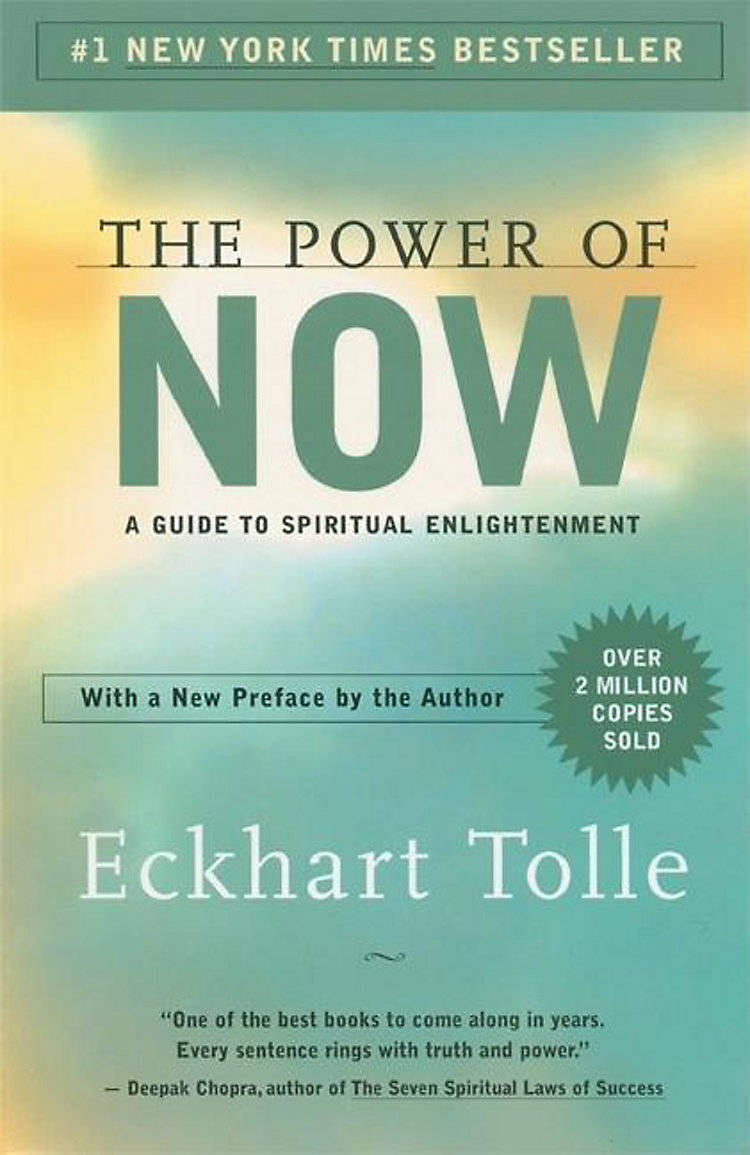
The Power of Now: A Guide to Spiritual Enlightenment
von Eckhart Tolle
Those who have not found their true wealth, which is the radiant joy of Being and the deep, unshakable peace that comes with it, are beggars, even if they have great material wealth. They are looking outside for scraps of pleasure or fulfillment, for validation, security, or love, while they have a treasure within that not only includes all those things but is infinitely greater than anything the world can offer.
The word enlightenment conjures up the idea of some superhuman accomplishment, and the ego likes to keep it that way, but it is simply your natural state of felt oneness with Being. It is a state of connectedness with something immeasurable and indestructible, something that, almost paradoxically, is essentially you and yet is much greater than you. It is finding your true nature beyond name and form.
I love the Buddha’s simple definition of enlightenment as “the end of suffering.” There is nothing superhuman in that, is there? Of course, as a definition, it is incomplete. It only tells you what enlightenment is not: no suffering. But what’s left when there is no more suffering? The Buddha is silent on that, and his silence implies that you’ll have to find out for yourself. He uses a negative definition so that the mind cannot make it into something to believe in or into a superhuman accomplishment,
Enlightenment is not only the end of suffering and of continuous conflict within and without, but also the end of the dreadful enslavement to incessant thinking. What an incredible liberation this is!
In your everyday life, you can practice this by taking any routine activity that normally is only a means to an end and giving it your fullest attention, so that it becomes an end in itself.
by unconscious identification with the mind. To the ego, the present moment hardly exists. Only past and future are considered important.